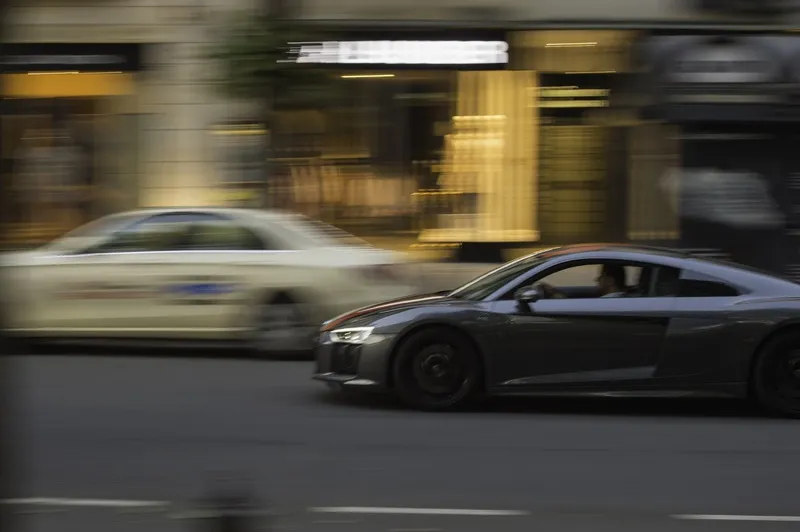The modified rules, published by the
Speeding is a primary factor in about one third of fatal collisions and an aggravating factor in all collisions where it occurs.
According to the European Commission, non-resident drivers account for approximately 5 per cent of road traffic in the EU but are responsible for 15 per cent of detected speeding offences. Cross-border enforcement could save 350-400 lives a year according to an official impact assessment.
TISPOL Director Pasi Kemppainen commented: “Europe-wide adoption of the new proposal will lead to more effective enforcement, which encourages drivers to comply with safety rules and leads to a rapid reduction in deaths and injuries. “Careful and considerate drivers, wherever they live in Europe, will have nothing to fear from CBE. As well as ensuring that no one has the chance to drive away from justice, the new legislation will help protect people when they drive abroad, because they will be using roads with greater compliance, fewer traffic offences and lower risks.”
Antonio Avenoso, Executive Director of the
Julie Townsend, deputy chief executive of UK national road safety charity,
EU urged to fast-track revised cross-border enforcement law
TISPOL and its road safety partners across Europe are urging the EU to fast-track the adoption of a modified law on cross-border enforcement of traffic offences such as speeding.
The modified rules, published by the European Commission, come in response to a European Court of Justice ruling in May that said the existing law, which came into force in November last year, had been adopted on an incorrect legal basis. The ECJ has said the current rules could remain in effect until May 2015 while new legisla
July 21, 2014
Read time: 3 mins










